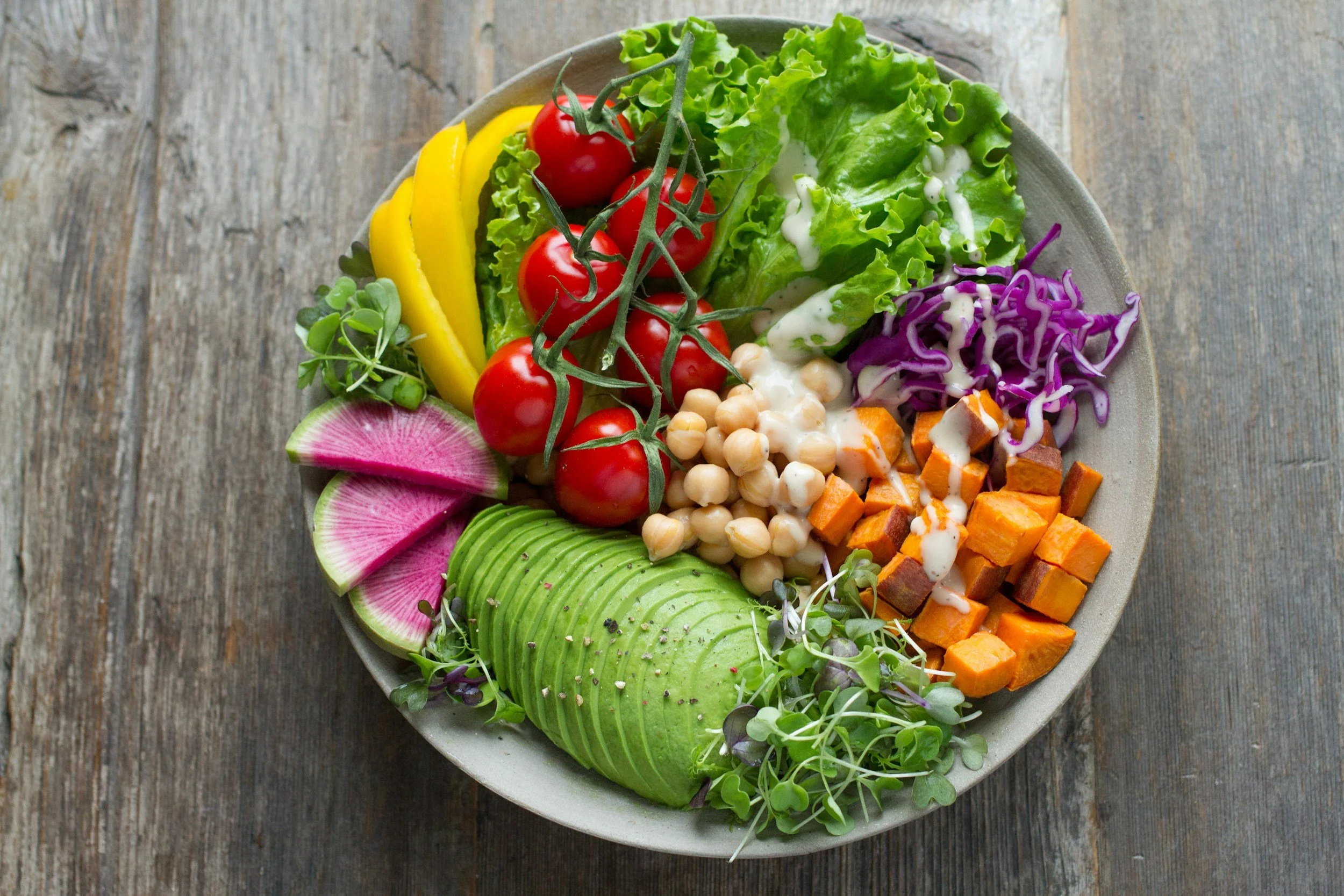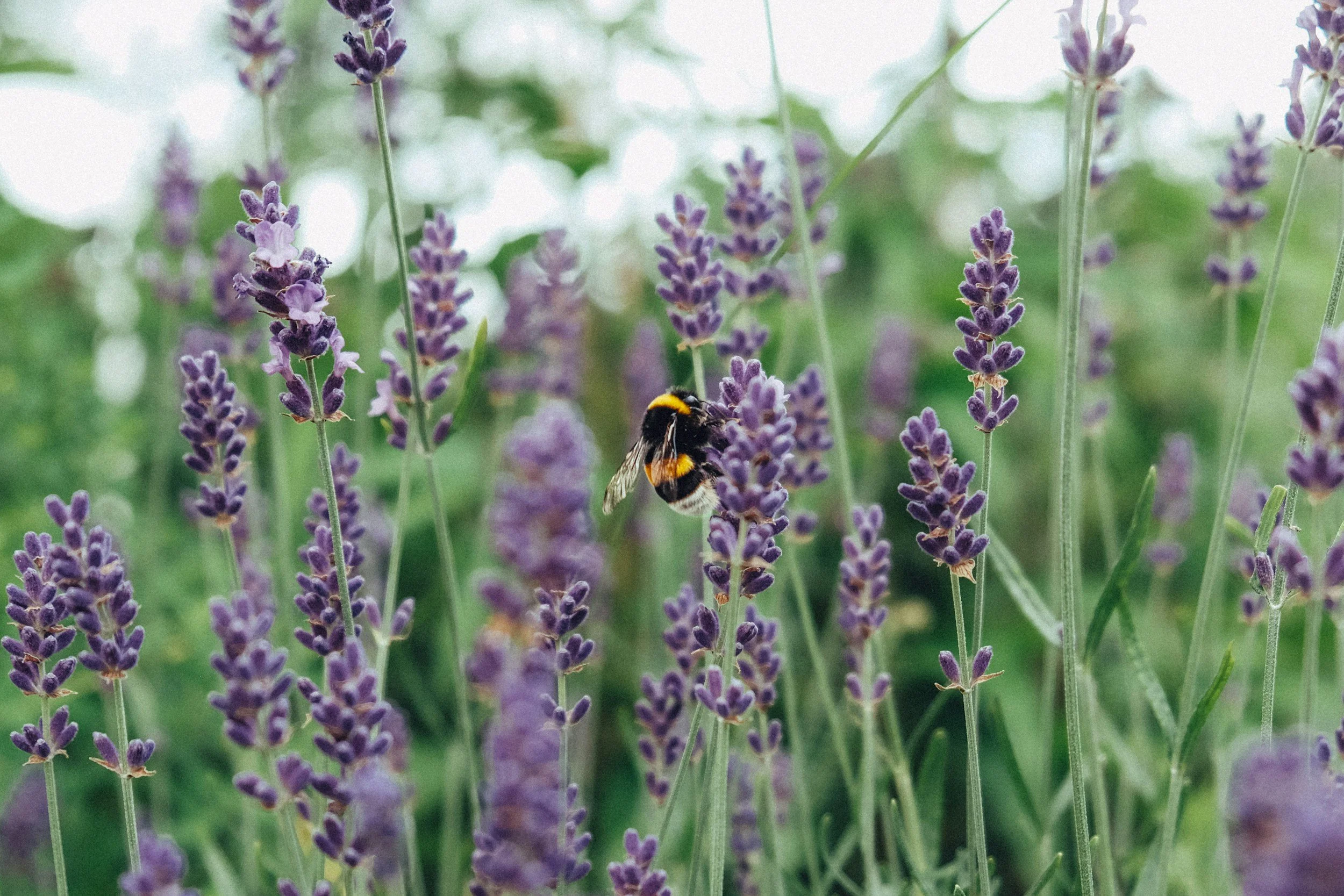On Earth Day Tuesday, Long Island residents scoured the shores of Jones Beach, searching for microplastics and other waste that spoil the coastline and harm marine creatures.
Environmental, Civic and Faith-Based Groups, Legislators Call for Packaging Reduction
Solid waste is impacting our environment and health while costing taxpayers billions each year
Albany, NY – More than 15 different environmental, civic and faith-based groups, plus several state legislators joined New York State Senator Pete Harckham and Assemblymember Deborah Glick at the State Capitol today to call for support of the Packaging Reduction and Recycling Infrastructure Act (PRRIA).
APA should pause ProcellaCOR permits to assess herbicide’s safety
Re: Moratorium on ProcellaCOR Permitting Pending PFAS and Human Health and Ecological Impact Concerns
Dear Adirondack Park Agency Executive Director Barbara Rice,
The undersigned are writing to express our deep concern regarding the recently disclosed Minnesota Department of Agriculture (MDA) information on per- and polyfluoroalkyl substances (PFAS) within pesticides, including florpyrauxifen-benzyl which is the active chemical ingredient in ProcellaCOR EC and SE. As the Adirondack Park Agency is aware, ProcellaCOR EC is the less concentrated form of ProcellaCOR SE, both of which are manufactured by the SePRO Corporation, the former of which has been recently approved for use in several lakes in the Adirondacks.
Sweeping measure on packaging recycling advances in New York State Legislature
SKIP THE STUFF" MOVEMENT GAINS MOMENTUM
Long Island Sound network awarded $262K for conservation efforts
The groups that make up the Long Island Sound Coastal Watershed Network have been awarded more than $262,000 to continue their efforts in addressing water quality issues.
The network, a partnership between Citizens Campaign for the Environment, Save the Sound and The Nature Conservancy in Connecticut, received the funding from the National Fish and Wildlife Foundation, through the Long Island Sound Futures Fund.
Why utensils, condiments and napkins will no longer be included in NYC delivery orders
NYC takeout, delivery customers must ask for utensils and condiments under new law
NYS Department of State releases new plan to improve conditions along Long Island's South Shore waterways
BABYLON, N.Y. -- Long Island has more than 70 miles of South Shore bays often teeming with boats. However, water quality has been declining for years, impacting fishing and recreation.
Plan seeks to preserve 'ecological wonderland' of South Shore
Your Used Mask Needs to Make It to the Trash Can
They’re on beaches, in parking lots and on sidewalks. You probably won’t catch the coronavirus from a discarded mask, but the litter poses a risk to the environment.
Helen Lowman looks at litter a lot. It’s her job. But while walking her dog in Westport, Conn., in March, she noticed an alarming trend. First she passed some dirty wipes on the ground. Then there were gloves. And finally a mask. Four months later, she said the litter of personal protective gear has only gotten worse.
Masks And Gloves That Litter The Streets Are Turning Into Safety Hazards
Discarded masks and gloves are becoming a health hazard as people dump them on streets
During a walk around his block in Baton Rouge, Louisiana, Mark Benfield was struck by how many discarded gloves and masks he saw on his short route.
The Louisiana State University professor, who focuses on microplastic pollution, decided to track the waste he saw with pictures geotagged to the location where he spotted it.
New York State Bans Styrofoam!
CCE applauds Governor Cuomo and the NYS Legislature for eradicating environmentally harmful Styrofoam products in New York
For immediate release: April 2, 2020
For more information, contact: Adrienne Esposito, 631-384-1378 aesposito@citizenscampaign.org or Brian Smith, 716-472-4078, bsmith@citizenscampaign.org
Albany, NY—Today, the NYS Legislature passed a ban on Expanded Polystyrene (EPS) Foam, commonly referred to as Styrofoam TM, in the 2020-21 SFY Budget. In response, Adrienne Esposito, Executive Director of Citizens Campaign for the Environment (CCE), said:
“This shows true leadership and foresight in protecting the environment amid a public health crisis. Environmentalists, municipalities, and New Yorkers have long awaited ending the scourge of Styrofoam across the State. CCE thanks Governor Cuomo and the NYS Legislature for taking action in protecting our environment from harmful and unnecessary Styrofoam containers and loose fill packaging. Styrofoam is one of the top ten contributors to environmental litter and has long-term negative impacts on our waterways and wildlife. Styrofoam doesn’t breakdown, it breaks apart into small pieces eventually becoming microplastic pollution in our waterways.
The U.S. Department of Health and Human Services’ National Toxicology Program listed styrene, a chemical in EPS foam, as “reasonably anticipated to be a human carcinogen.” It is known to leach from food packaging containers into food or drinks, especially when exposed to heat. No longer will the public unknowingly ingest cancer-causing styrene when they get a cup of coffee or takeout from restaurants.
This ban builds on New York’s commitment to ensuring our environment and public health is safeguarded from disposable plastic pollution. Many New York counties have already banned Styrofoam food containers with widespread support from the public; we applaud the Governor and NYS Legislature for banning Styrofoam containers statewide and raising the bar by including loose fill packaging in the ban.”
###
Cuomo’s 2020 State of the State Proposes NY Ban on Polystyrene Foam Food Containers
If Governor Andrew Cuomo gets his way, there could be a statewide ban on single-use polystyrene foam food containers beginning in 2022. Cuomo’s 2020 State of the State includes a proposal to prohibit the distribution and use of polystyrene foam containers used by grocery stores, restaurants and other places where food is served. The ban would also apply to the sale of polystyrene loose fill packaging, also known as “packing peanuts.”
Governor Cuomo Proposes Ban on Styrofoam in 2020
For immediate release: December 17, 2019
For more information, contact: Adrienne Esposito, 516-390-7150, aesposito@citizenscampaign.org
CCE lauds proposal to rid New York of environmentally harmful product
Albany, NY—Today Governor Cuomo is proposing to ban StyrofoamTM, as part of his 2020 State of the State proposals. In response to the announcement, Adrienne Esposito, Executive Director of Citizens Campaign for the Environment (CCE), said:
“We applaud Governor Cuomo for proposing to ban this antiquated and environmentally harmfully product in New York State. Expanded Polystyrene (EPS) foam, commonly referred to as “Styrofoam™”, poses a significant risk to the health of our environment. Styrofoam packaging is only used for a short time, but can wreak havoc on our environment for generations—littering open spaces, polluting waterways, and harming wildlife. Styrofoam doesn’t biodegrade; instead it breaks into small pieces and eventually becomes microplastic pollution in our waterways.
Styrofoam also poses a threat to human health. The U.S. Department of Health and Human Services’ National Toxicology Program listed styrene, a chemical in EPS foam, is listed as “reasonably anticipated to be a human carcinogen.” It is known to leach from food packaging containers into food or drinks, especially when exposed to heat. When grabbing a cup of coffee on the go, we expect it to contain milk and sugar but not a dose of cancer causing styrene. Takeout food is meant to be convenient, not carcinogenic.
There is absolutely no reason to continue using this harmful material when sustainable alternatives are readily available. NYC, along with several New York Counties, have already taken action to ban Styrofoam. I live in a village that banned Styrofoam in 2018 and the transition to new materials was seamless and widely embraced by the public. Now we need a statewide ban. We urge the legislature to work with the Governor to adopt the strongest ban possible in the 2020-21 SFY budget. “
Go Green with Kelly and Colleen
Long Island has one source of drinking water that must be protected to ensure its safety for future generations: groundwater. Within the last 18 months, the safety of Long Island’s groundwater has been called into question with the detection of emerging contaminants, such as 1,4-dioxane and Hexavalent Chromium (Chromium 6) in aquifers across the Island at levels that far exceed the national average.












